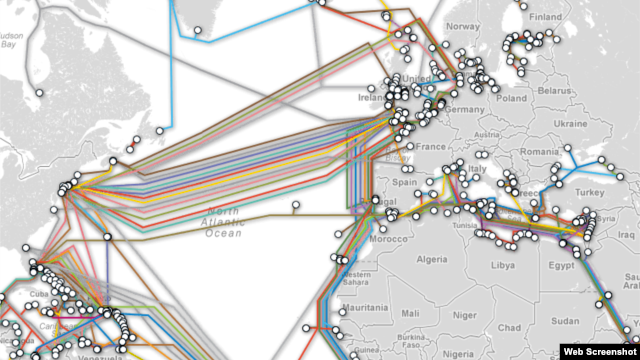Sneaky ...
---
Russia has taken another major step towards modernizing its navy.
The Russian defense company Admiralty Shipyards launched its second diesel-electric Varshavyanka-class submarine this week.
Called Krasnodar, the company claims that the vessel will be "the quietest submarine in the world," Zachary Keck reports for The National Interest.
Krasnodar is part of a plan to update Russia's submarine fleet. According to Russia Today, the submarine is the "second Varshavyanka submarine out of six planned for the Black Sea Fleet by the end of 2016."
The Varshavyanka-class is an update to Russia's current Kilo-class submarine. Although Varshavyanka-class submarines can not dive as deep or stay submerged underwater as long as nuclear submarines, they are nearly impossible to detect acoustically.
...
The Kremlin just launched what it claims is the quietest submarine in the world - Yahoo Finance
---
Russia has taken another major step towards modernizing its navy.
The Russian defense company Admiralty Shipyards launched its second diesel-electric Varshavyanka-class submarine this week.
Called Krasnodar, the company claims that the vessel will be "the quietest submarine in the world," Zachary Keck reports for The National Interest.
Krasnodar is part of a plan to update Russia's submarine fleet. According to Russia Today, the submarine is the "second Varshavyanka submarine out of six planned for the Black Sea Fleet by the end of 2016."
The Varshavyanka-class is an update to Russia's current Kilo-class submarine. Although Varshavyanka-class submarines can not dive as deep or stay submerged underwater as long as nuclear submarines, they are nearly impossible to detect acoustically.
...
The Kremlin just launched what it claims is the quietest submarine in the world - Yahoo Finance

 Well, let the Russians, etc. keep thinking that.
Well, let the Russians, etc. keep thinking that.